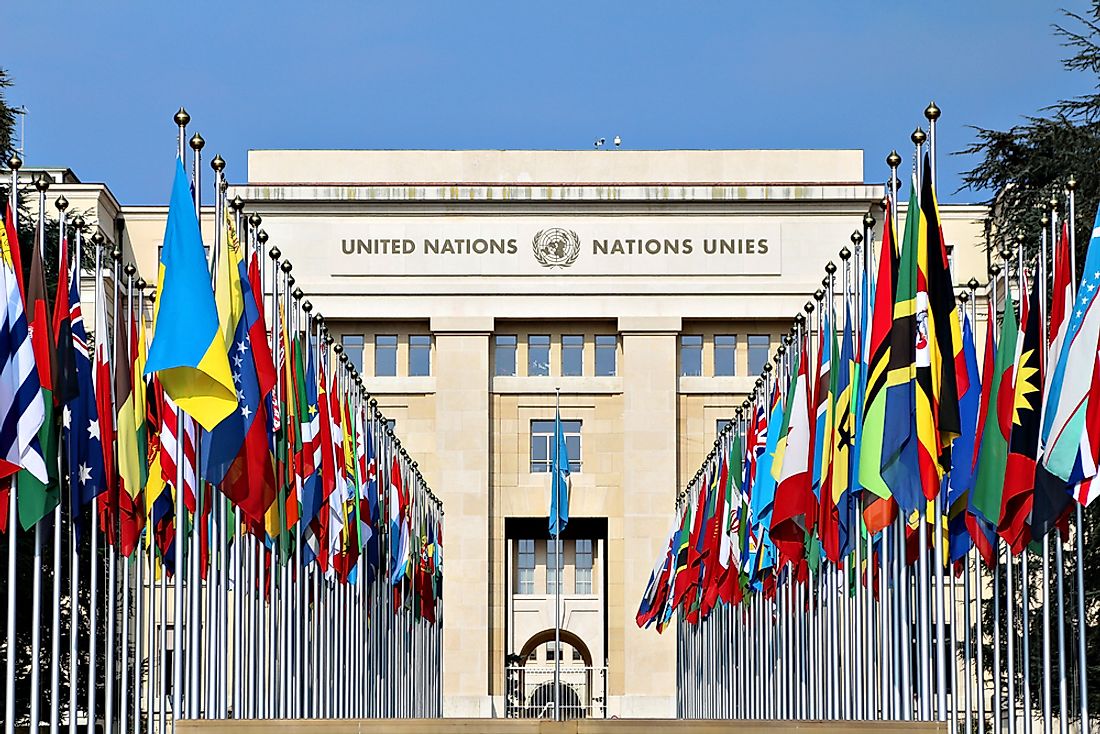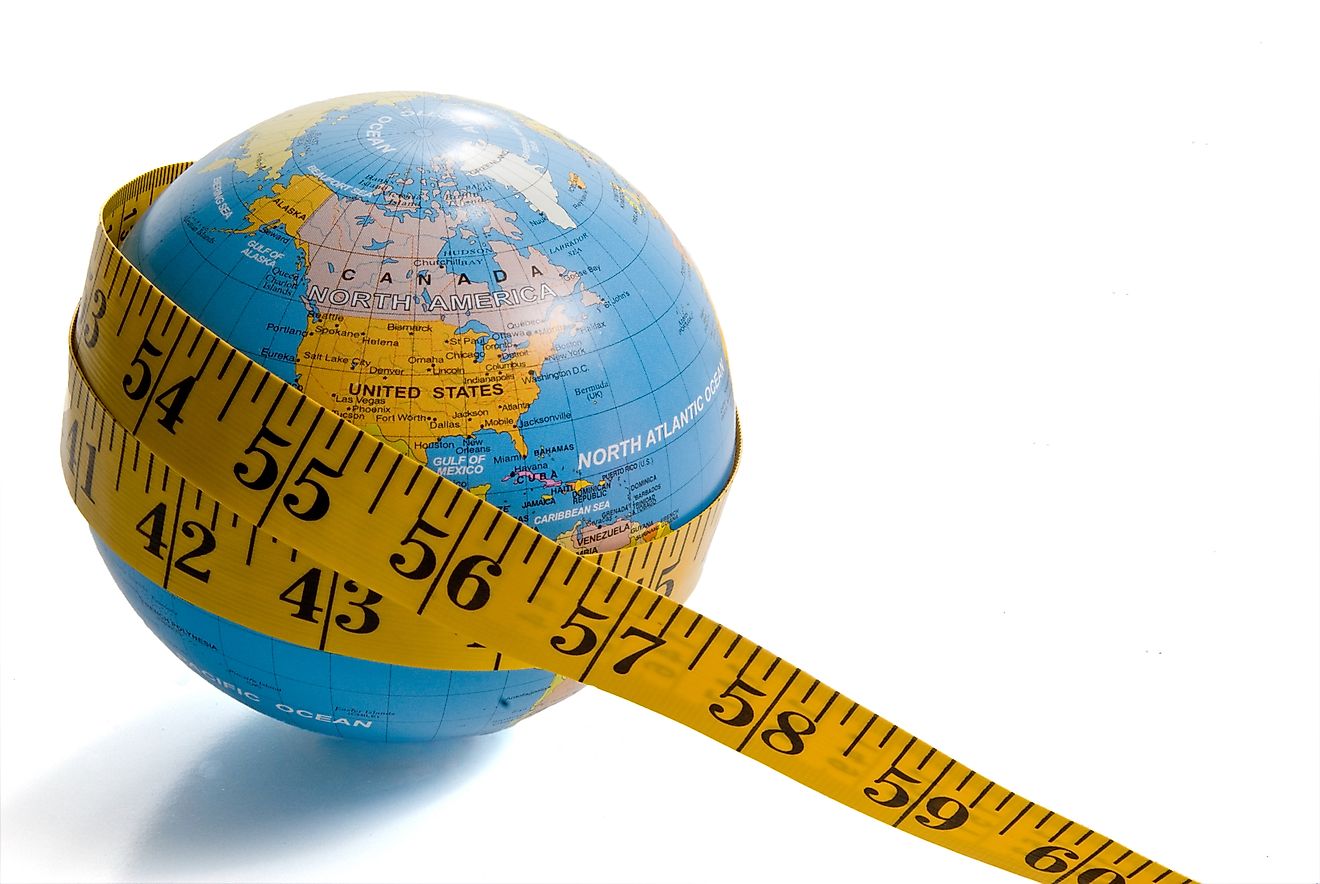Is North Korea A Part Of The United Nations?

Officially known as the Democratic People's Republic of Korea, North Korea is a nation in East Asia that makes up the northern portion of the Korean Peninsula. Between the two nations of North Korea and South Korea lies the Korean Demilitarized Zone (DMZ) with both governments claiming legitimacy over the islands nearby and the peninsula as a whole. Both North Korea and South Korea are UN member states.
United Nations Membership
There are 193 sovereign member states in the world that are part of the UN and possess equal representation in the General Assembly. One of those nations is North Korea after its admission into the body on September 17, 1991. The admission, which also included South Korea, was done by the General Assembly under the Resolution 46/1. The admission was done after both of the two states decided to send an application to the UN and after the recommendation of the United Nations Security Council to the General Assembly.
The question of whether North Korea should be a part of the United Nations is one that baffles many people. The reason for this confusion is that North Korea is a nation that is known for the abuse of human rights and an open violation of international agreements. In fact, some people believe that North Korea is a threat to the peace of the world itself due to its constant dabbling with nuclear weapons.
UN Charter
One of the arguments that has been used to explain North Korea’s presence in the UN is the content in the UN Charter. New members wishing to join are evaluated against the criteria defined in Article 4 of Chapter II of the charter. The first requirement is that any new member wishing to join can do so as long as it is a peace-loving nation and is willing to accept all the rules and obligations defined in the charter. Moreover, the nation must have the ability and will to carry out the obligations defined in the charter. Secondly, any new member state wishing to join will have to be admitted by the UN General Assembly after the UN Security Council has deliberated on the suitability of the nation and submitted a recommendation to the assembly.
For the Security Council to make the recommendation to the assembly, nine members of the fifteen have to vote in the affirmative. This recommendation will go forward if none of the permanent member states uses their veto power. In the General Assembly, the recommended state must receive a two-thirds majority after voting in order for the nation to be fully admitted.
In the case of North Korea, the United Nations Security Council approved the United Nations Security Council Resolution 702 that recommended both North and South Korea to the United Nations General Assembly. This resolution was approved on August 8, 1991. Upon deliberation, the UN General Council passed resolution 46/1 in the same year that saw the admittance of the two nations.
Nuclear Weapons
The UN Charter makes no reference or regulation concerning member nations and nuclear weapons. The UN did not see it fit to regulate nuclear weapons until the introduction of the Treaty on the Prohibition of Nuclear Weapons in 2017. Essentially, the UN realized that the threat posed by the nuclear powers was reaching a tipping point especially after the relations between the United States and North Korea turned sour. The treaty was aimed towards total nuclear disarmament of all member states having nuclear weapons. The problem arose when the nations with nuclear arms such as the US and Russia did not express support for the ban. In fact, both of these states were very explicit in their opposition. Surprisingly, North Korea voted in favor of adopting the treaty.
Another argument can be made that the UN was smart in choosing to steer clear of the business of nuclear weapons. This argument is supported by the fact that most of the permanent members of the UN have nuclear weapons. If the regulations stated that the possession of the nuclear weapons disqualifies a nation, then the most powerful countries in the world are going to have to leave the UN. Considering that these countries currently have veto powers, the chances of these powers leaving are low. North Korea has conducted fewer nuclear tests compared to the other global powers such as the US and Russia. Indeed, the US has conducted well over 1,000 tests while North Korea has conducted less than ten.
Another crucial point to remember is that nuclear tests have not been explicitly illegalized by international law. The reason for this is mainly that the authors of the international law governing nuclear weapons are the same countries that possess nuclear arms today. Furthermore, the question of the legality of these tests is subject to a number of factors especially those that have to do with the environment of the test. In certain treaties, the prohibitions are clear but contain many loopholes.
Expulsion of a Member State
In the charter, there are provisions for the removal of a member nation. The charter states that a member of the UN can be expelled if it violates the guidelines in the charter. For this to happen, the Security Council has to make a recommendation to the General Council. However, experts state that the likelihood of this happening to North Korea is extremely unlikely since it has never happened before to any nation.
From a different perspective, it would be unwise for the UN to remove North Korea. The UN has come out on a number of occasions to actively condemn and try to deal with the human rights abuse in North Korea. These efforts are seen in things like commissions of inquiry into the abuse of rights. As dangerous as North Korea is, if it is removed from the UN, then any chance of dialogue with other nuclear nations will disappear and the world could potentially be thrown into turmoil. The turmoil would arise because the only option that would be left to neutralize the threat posed by North Korea would be an invasion which would lead to massive loss of life and destruction.











